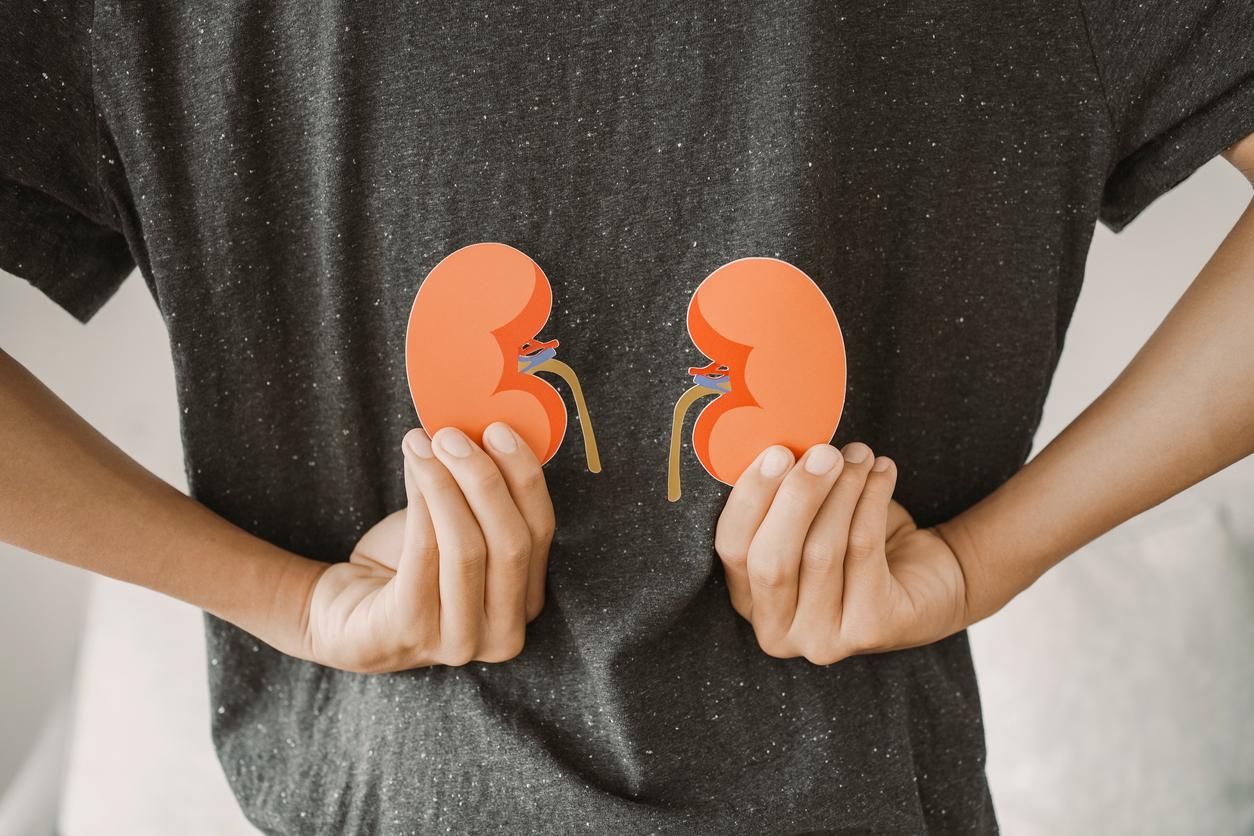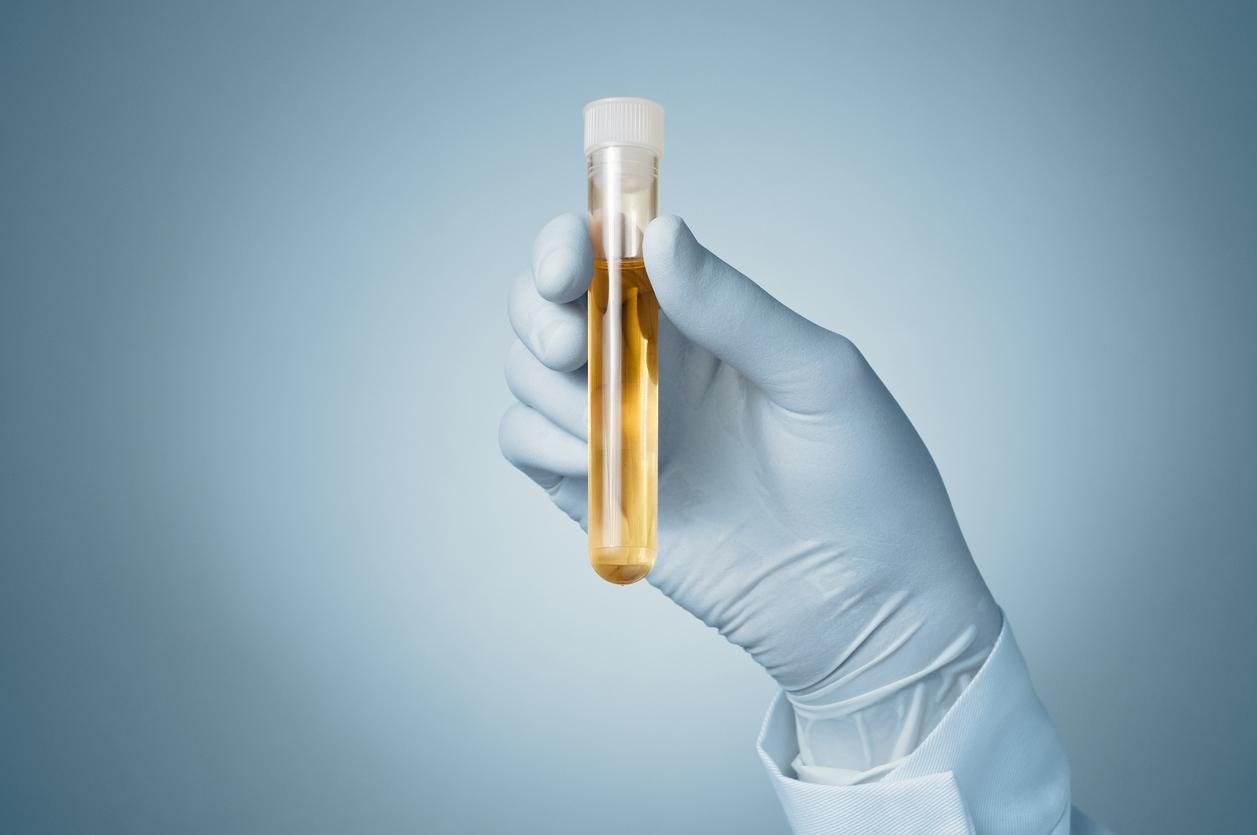A urine test could be able to detect early on whether a kidney transplant will fail and why, depending on the results of a study published in the medical journal European Congress of Clinical Microbiology and Infectious Diseases. A big discovery because kidney transplants are vital for patients with end-stage kidney disease, but about 25% fail within five years. Either because the body rejects the new organ or because a viral infection has affected the kidney. The two problems require diametrically opposed treatments, but often by the time the cause of failure is confirmed, it is too late to prevent it.
Researchers at Vall Hebron University Hospital in Spain analyzed urine samples from each patient to find out which proteins were present. In participants who had a viral infection, they were able to detect proteins from the BK virus. These were not found in samples from patients with a stable transplant.
A protein to detect transplant failure
The two problems can be distinguished from each other by the detection of certain proteins contained in the urine of the patient. This urine test could be set up to detect early signs of transplant failure and ensure correct treatment.
“Transplant patients are given anti-rejection drugs but the challenge is to find the right balance: if the treatment is insufficient, the organ can be destroyed by the immune system. If the treatment is too strong, there is a risk of infection. However, when the cause, rejection or infection is identified, it is too late to save the organ, ”the researchers explain.
But, these results need to be confirmed by a larger study.
“If we can confirm these results with a validated cohort of patients, we can develop a urine test to indicate when a kidney transplant fails and at a much earlier stage. More importantly, he would be able to differentiate whether it is faulty because of the BK virus or because of organ rejection. If so, we can choose the appropriate treatment to solve the problem and hopefully have more successful kidney transplants, ”says Dr Ibai Los-Arcos, member of the Vall d’Hebron Research Institute.
Read also:
Testimonial: I donated a kidney to my son
Infographic: get to know your kidneys
Kidney disease: what you need to know about dialysis














-1730888646.jpg)

